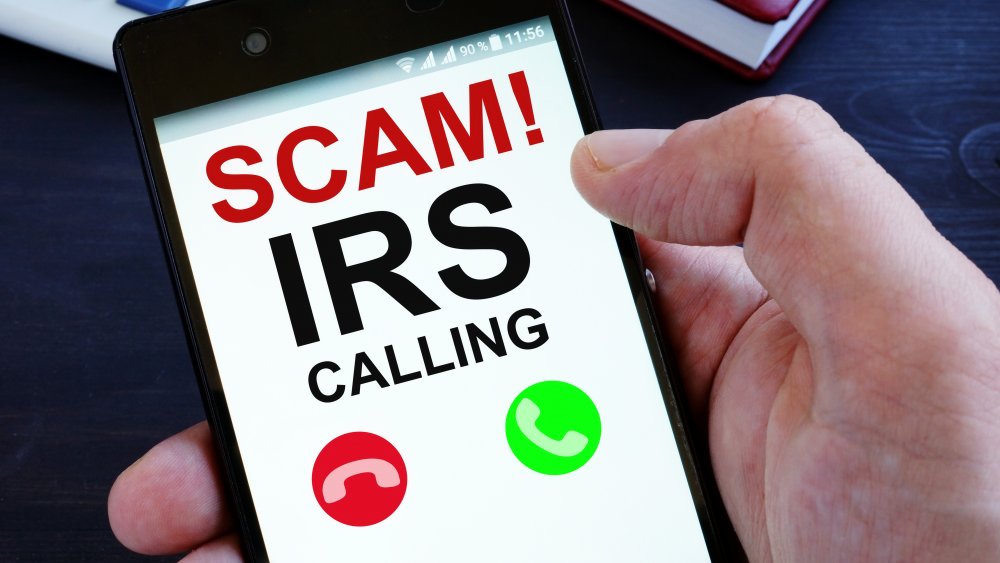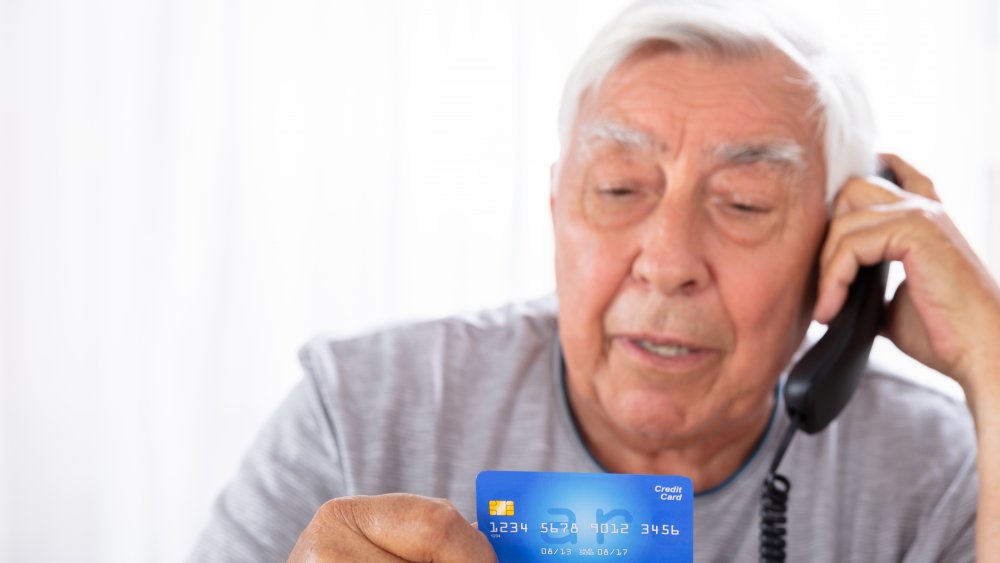Here's What You Need To Know About Pandemic Phone Scams
Let's get the bullet points out of the way up front, because this is important. What follows is a verbatim list of FCC guidelines for avoiding COVID-19 related scams:
"Do not respond to calls or texts from unknown numbers, or any others that appear suspicious.
Never share your personal or financial information via email, text messages, or over the phone.
Be cautious if you're being pressured to share any information or make a payment immediately.
Scammers often spoof phone numbers to trick you into answering or responding. Remember that government agencies will never call you to ask for personal information or money.
Do not click any links in a text message. If a friend sends you a text with a suspicious link that seems out of character, call them to make sure they weren't hacked.
Always check on a charity (for example, by calling or looking at its actual website) before donating."
No, really. Those are important. Write them down somewhere and then we'll talk details.
Be kind, but be skeptical
Times of crisis bring out the best in people. Like the old Fred Rogers axiom goes, "look for the helpers." Right now, around the world, millions of people whose names you'll never know are sacrificing their own wellbeing to keep other people safe and content. Hospital employees work punishing hours under stressful conditions. Neighbors sing to their neighbors from their balconies. Somebody bought that one old lady beer. Human beings can do such remarkable things, and it's important not to lose sight of that. Other times, we do big, neutral things, like when that boat did donuts in the river "in support of healthcare workers." It doesn't really help anyone, but nobody gets hurt.
And then, in the dark recesses of man's potential, there's the propensity for evil. It's an unfortunate fact that people have been leveraging other people's fears to make a quick buck for about as long as there's been fear and bucks. Currently, the Federal Communications Commission is keeping tabs on a number of scams being propagated by humanity's grosser faction. Here's what you need to look out for.
The FCC has posted audio samples of robocalls claiming to offer free virus tests, help with student loan programs, financial aid, and emergency health insurance offers. Alongside the World Health Organization, they're advising consumers "to be wary of phone calls and text messages that purport to be from the WHO, or charity organizations, asking for account information or for money."
Put your wallet away
Other calls are offering fake cures, with special attention paid to high-risk individuals with preexisting conditions. A good rule of thumb: if somebody is asking for your financial information over the phone, they're probably not legitimate.
Another potential danger comes courtesy of the stimulus check program, with hucksters claiming that they need a person's banking info to process their payment. The United States Treasury Department is utilizing tax information on file to make those payments, and anyone whose routing number isn't already in the system can fill out a form on the IRS website.
One of the more creative scams making the rounds involves a fake message from the Center for Disease Control, claiming that they've developed a contact tracing app that needs to be downloaded to your phone. That, as the kids used to say ten years ago, isn't a thing. Clicking the links in those messages will most likely get you a good close look at a phishing scam.
People do a lot of good for each other. A few people do the opposite. Take care of yourself, take care of each other. To paraphrase two great Americans, "Look for the helpers and carry a big stick."


